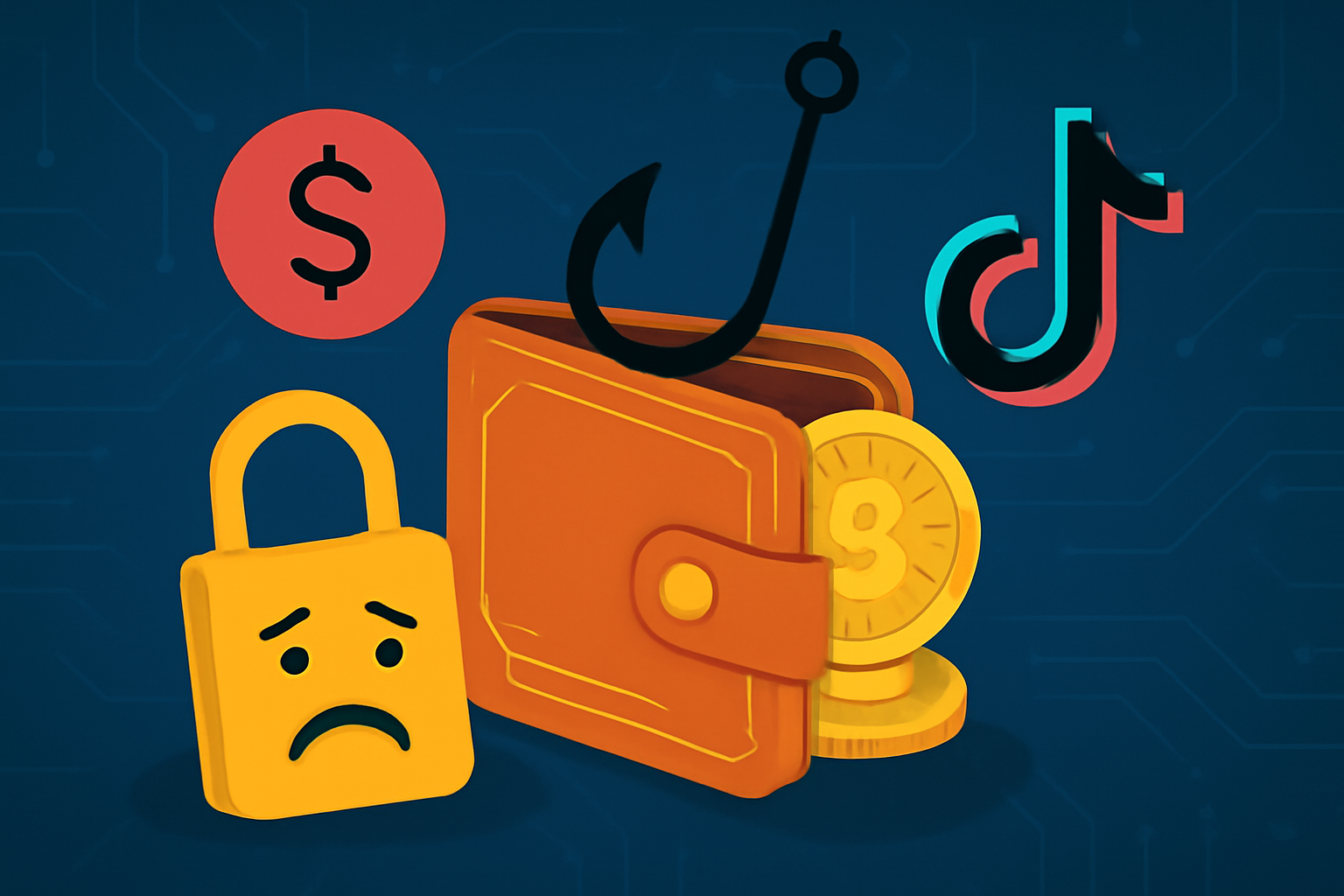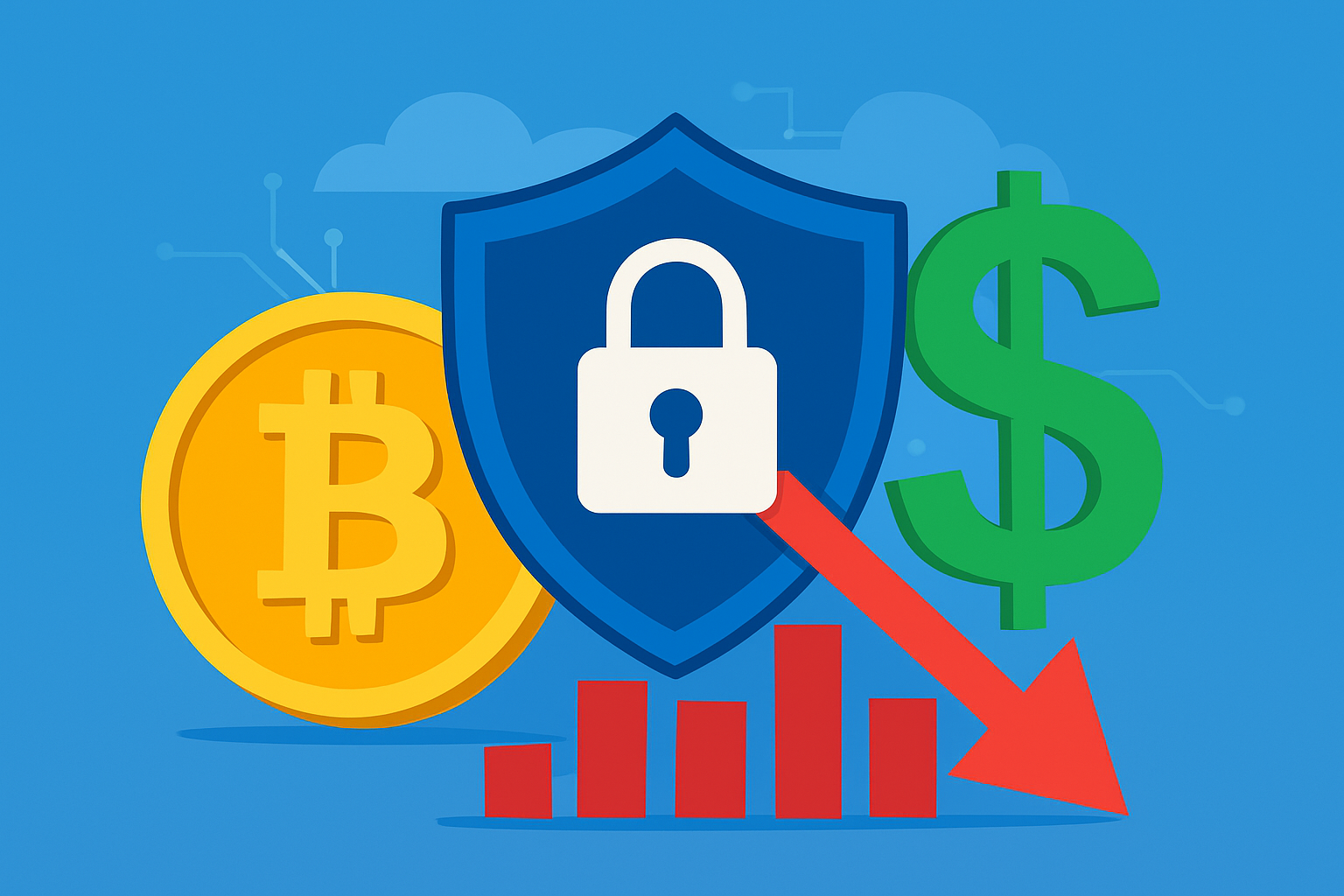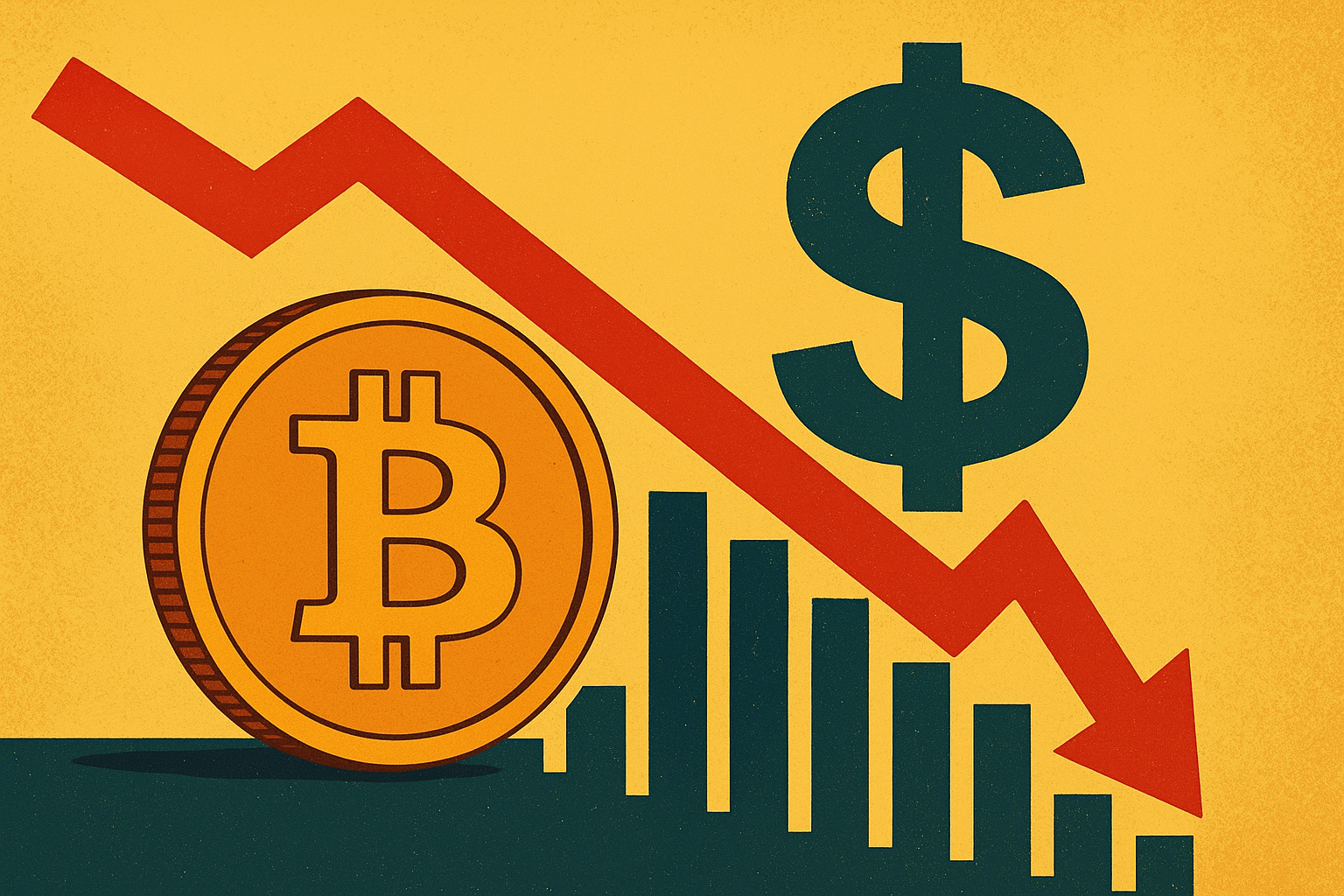As crypto adoption accelerates globally, so too do the tactics used by scammers—and one recent case has jolted the digital asset world. A high-profile investor reportedly lost $6.95 million after unknowingly purchasing a compromised cold wallet via Douyin, the Chinese counterpart of TikTok. The wallet came pre-programmed to redirect transferred funds to the scammer’s address, effectively draining the victim’s assets upon first use.
This incident, widely circulated on Chinese blockchain forums and verified by security researchers from SlowMist, underscores a growing concern: as crypto investment tools become more accessible, so do the avenues for manipulation and fraud. And with the global crypto market again crossing the $2.3 trillion mark, investors must now treat security as seriously as they do portfolio strategy.
The Douyin Scam: Anatomy of a Sophisticated Heist
According to a forensic breakdown published by SlowMist Security Lab, the investor purchased a seemingly legitimate cold wallet through a third-party seller advertising on Douyin. The wallet functioned normally at first glance, but its firmware had been secretly altered to capture and reroute seed phrases and transaction signatures.
Once the user initialized the device and transferred funds—reportedly nearly $7M in various tokens—they were immediately siphoned off to an attacker-controlled address. The wallet’s tampering was so subtle that even basic due diligence would not have revealed the vulnerability.
This case is not isolated. A Chainalysis 2024 report showed that nearly $1.4 billion was lost to wallet-related scams last year alone, a figure expected to grow with the proliferation of counterfeit hardware.
Why This Matters for Investors
The allure of cold wallets lies in their promise of offline protection—insulating digital assets from hacks, phishing, and software-based vulnerabilities. But when the hardware itself is compromised at the source, that promise breaks down entirely.
Platforms like Douyin and TikTok, while not officially marketplaces, are increasingly used to market financial products and tools. Crypto wallets, trading bots, and investment schemes are aggressively promoted, especially in regions with looser ad enforcement. These informal channels blur the line between community-led content and commercial intent, exposing retail and even institutional investors to unseen risks.
This trend is particularly dangerous as emerging markets ramp up crypto participation. According to Statista, mobile-first countries like India, Nigeria, and Indonesia have seen 40–70% year-over-year growth in wallet adoption—often driven by low-cost or gray-market devices.
Future Trends to Watch
- Regulation of Wallet Sales: Countries like the U.S. and U.K. may soon introduce consumer protection frameworks for crypto hardware, similar to Know-Your-Customer (KYC) rules applied to exchanges.
- Zero-Trust Verification Standards: Wallet manufacturers are beginning to implement transparent code policies, publishing firmware hashes and audit reports on public ledgers to allow community verification.
- Rise of Institutional Custody Services: Firms like Fireblocks, Anchorage Digital, and Coinbase Prime offer enterprise-grade crypto storage—an increasingly attractive option for investors unwilling to take on personal custody risk.
- AI-Driven Fraud Detection Tools: Blockchain surveillance tools from Elliptic and Chainalysis are incorporating machine learning to flag unusual on-chain behavior from wallet addresses and contracts in real time.
Key Investment Insight
Security in the crypto space is no longer optional—it’s integral to risk-adjusted returns. Investors should:
- Avoid purchasing hardware wallets from unauthorized resellers or social media platforms.
- Opt for open-source wallets that allow for public auditing and firmware transparency.
- Consider segregating digital assets, using separate wallets for long-term holds and frequent transactions.
- For high-value holdings, institutional custody solutions—even at a premium—may offer better protection than self-custody via consumer devices.
The $7M loss in the Douyin scam is a costly reminder: in crypto, the greatest vulnerability often lies not in the network—but in the tools we trust to access it.
For more expert insights, investor guidance, and daily alerts on the evolving crypto landscape, follow MoneyNews.Today—your trusted source for navigating financial frontiers.





